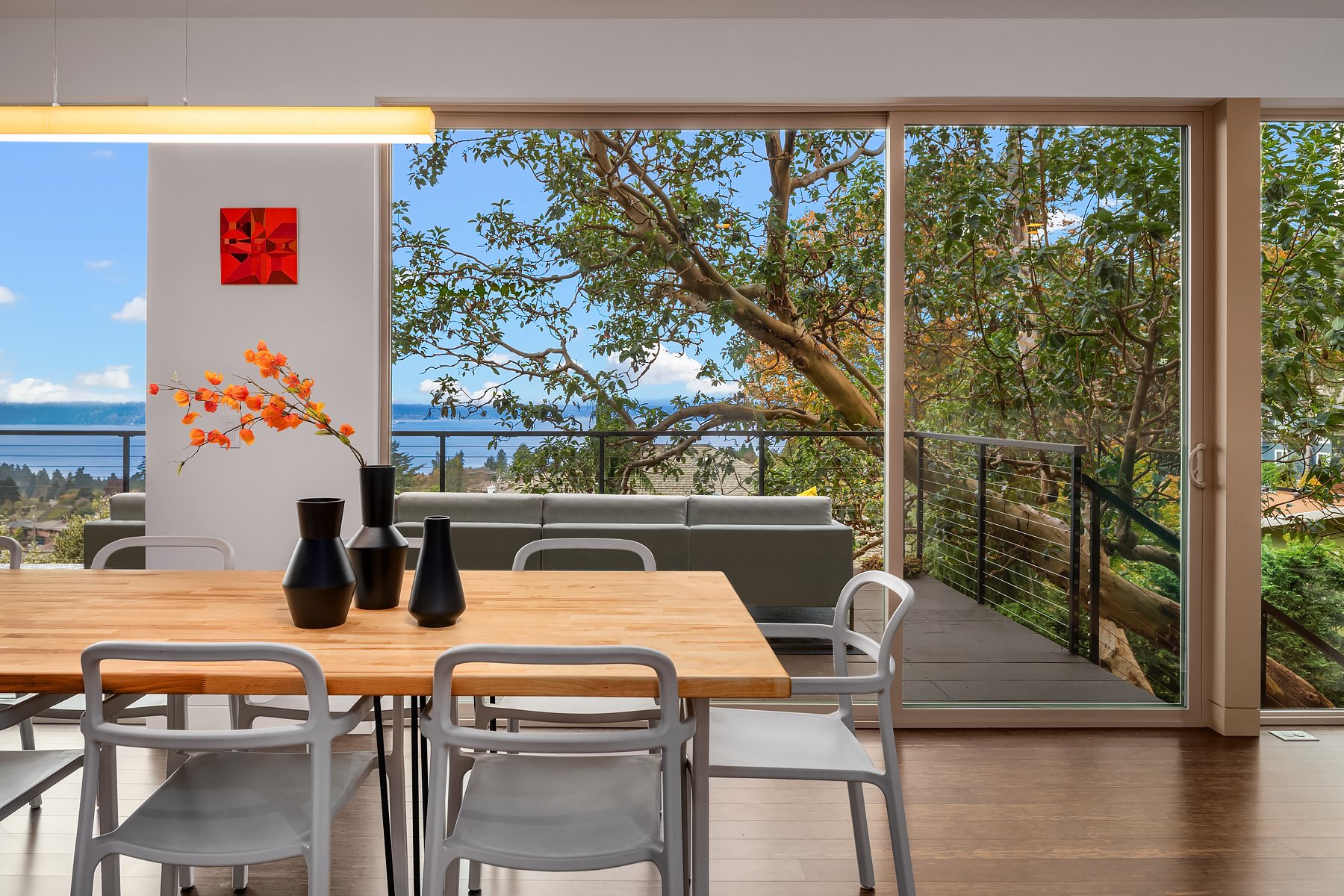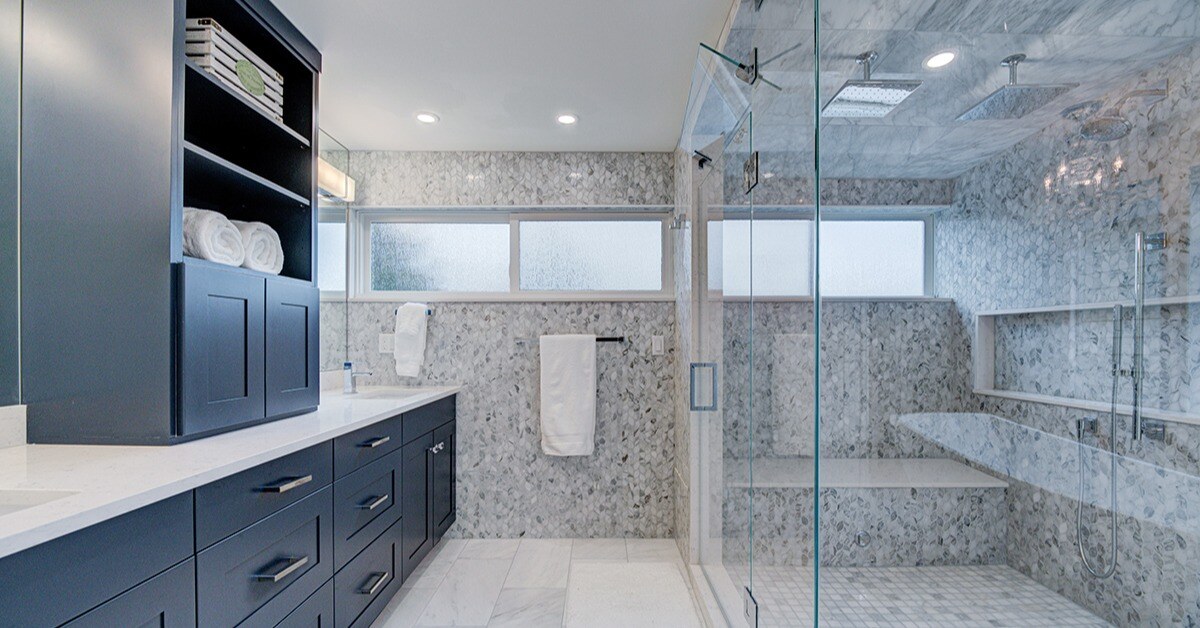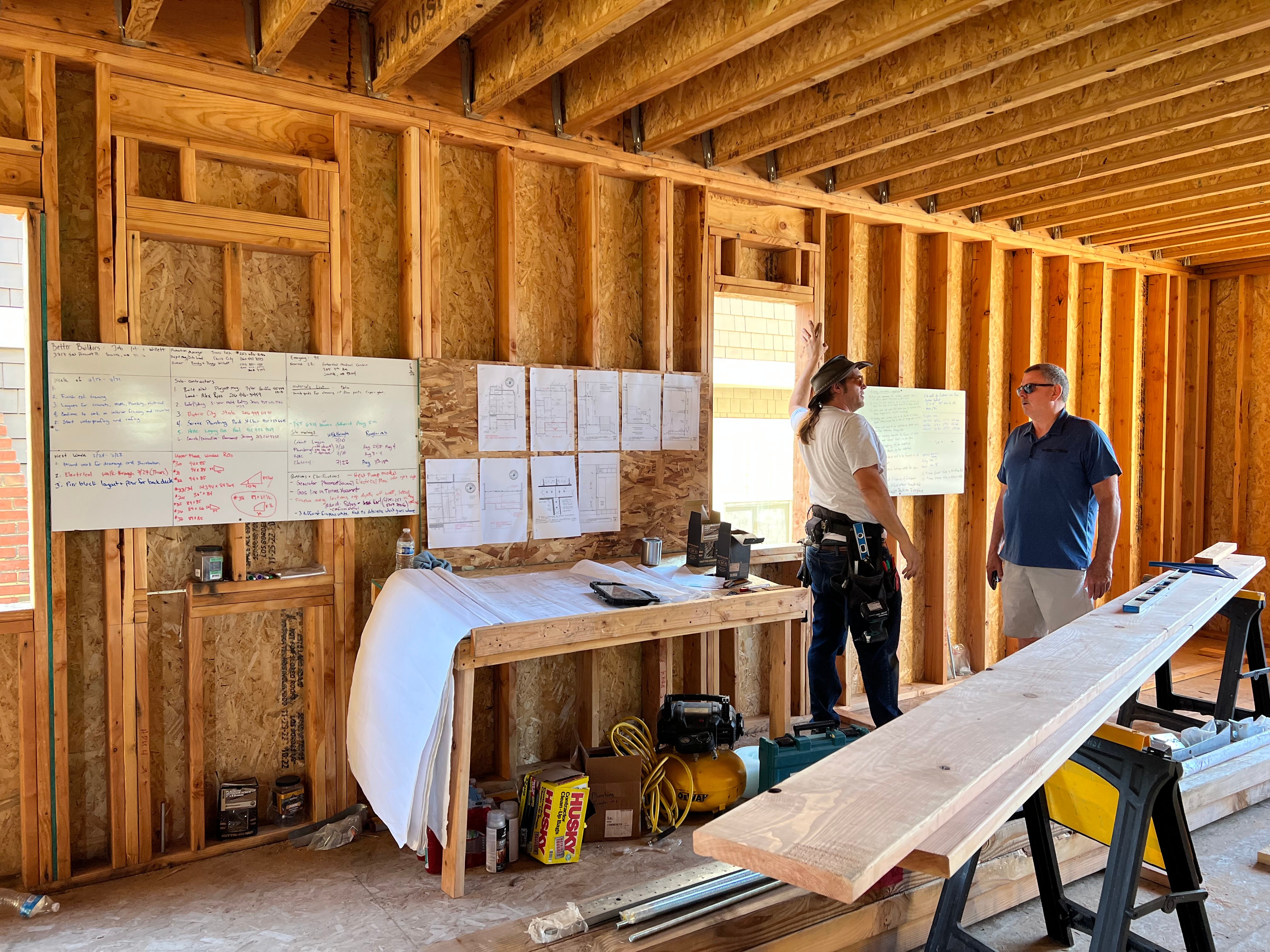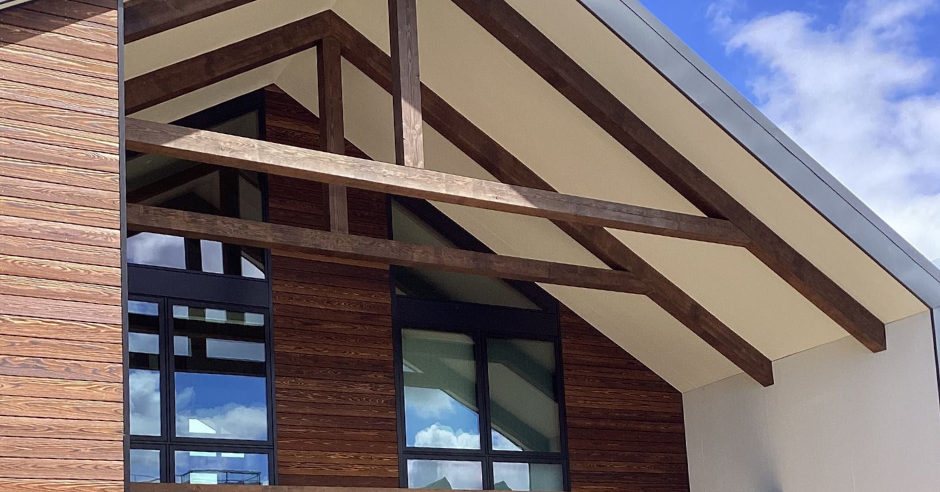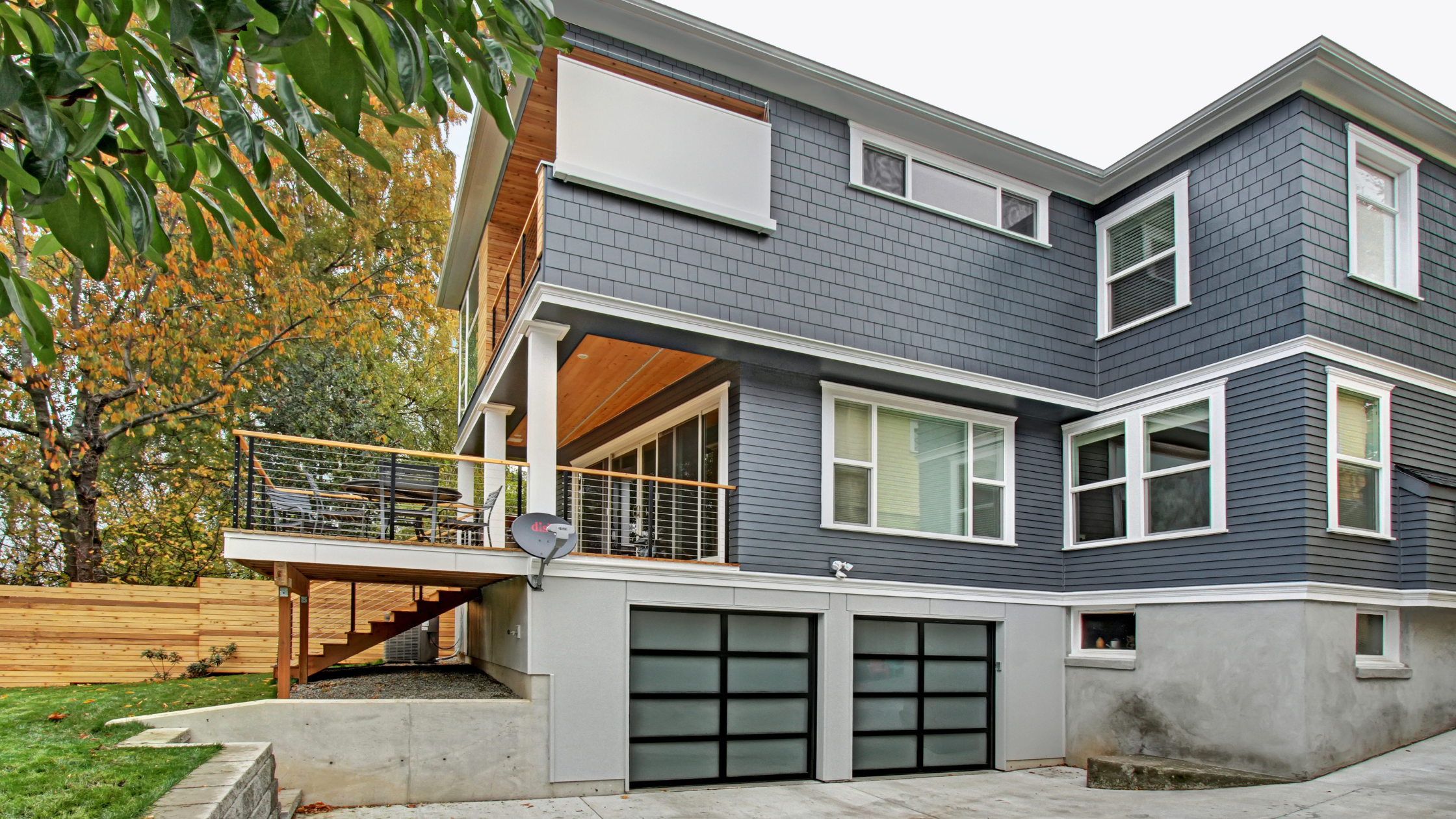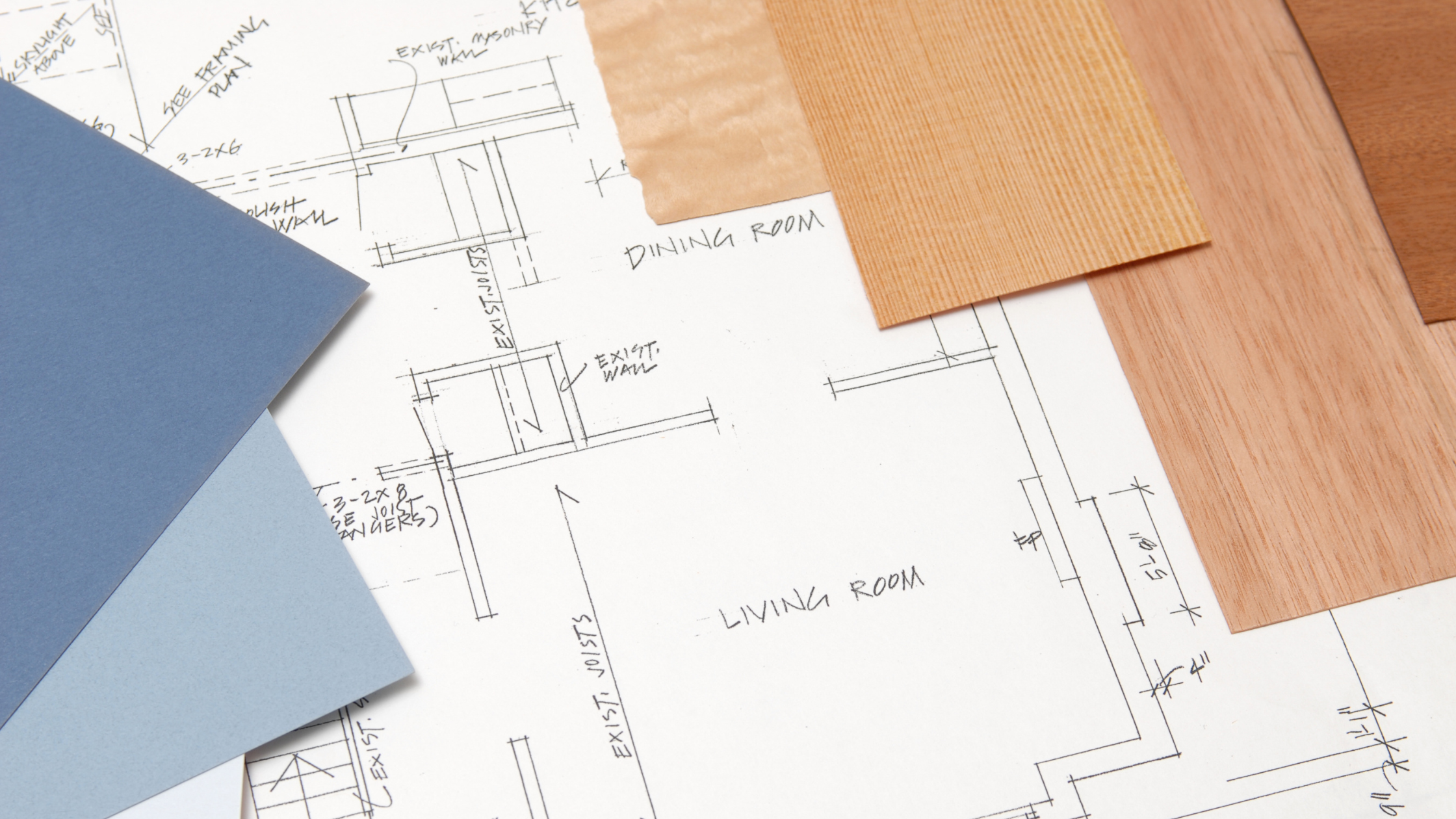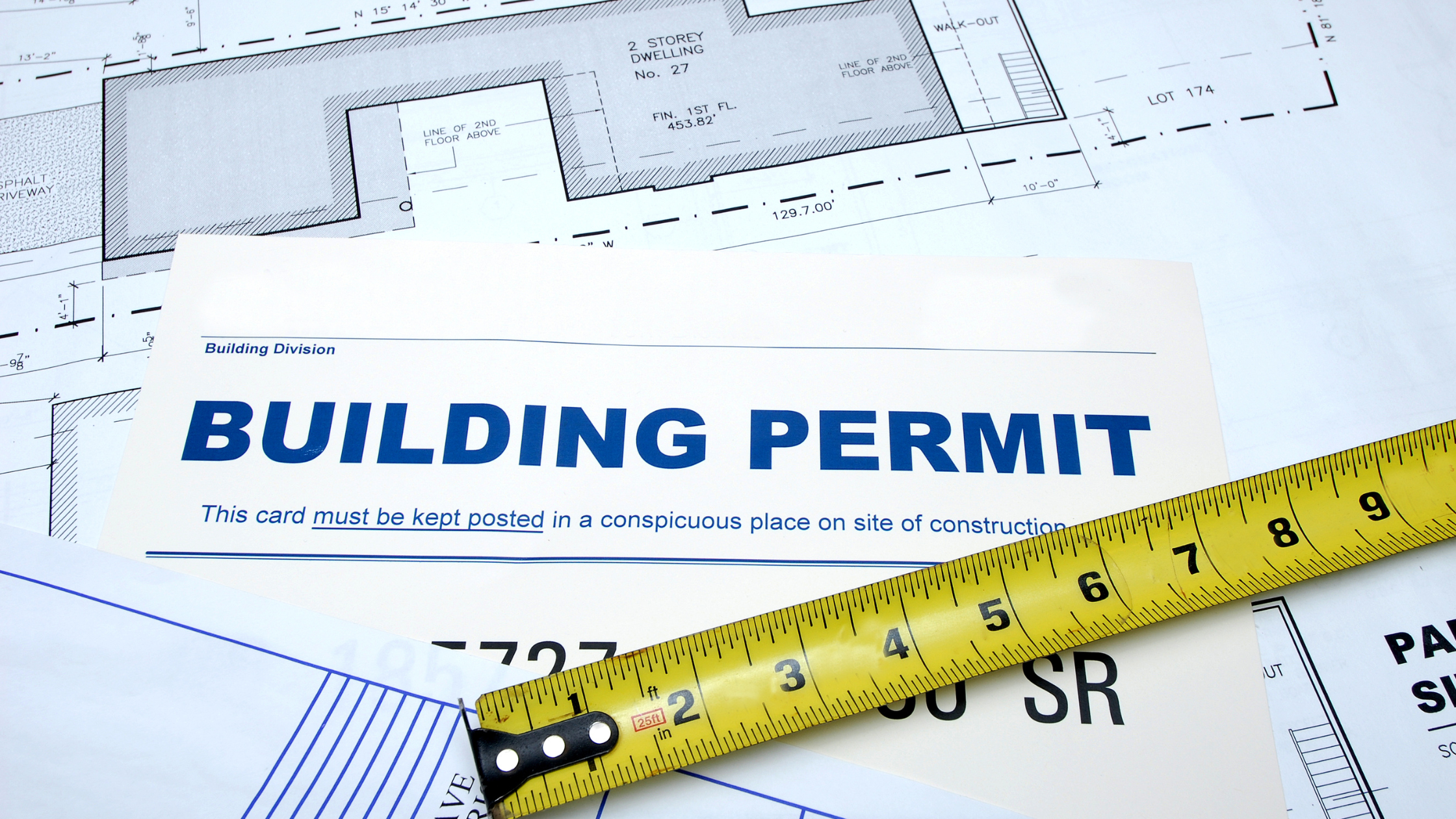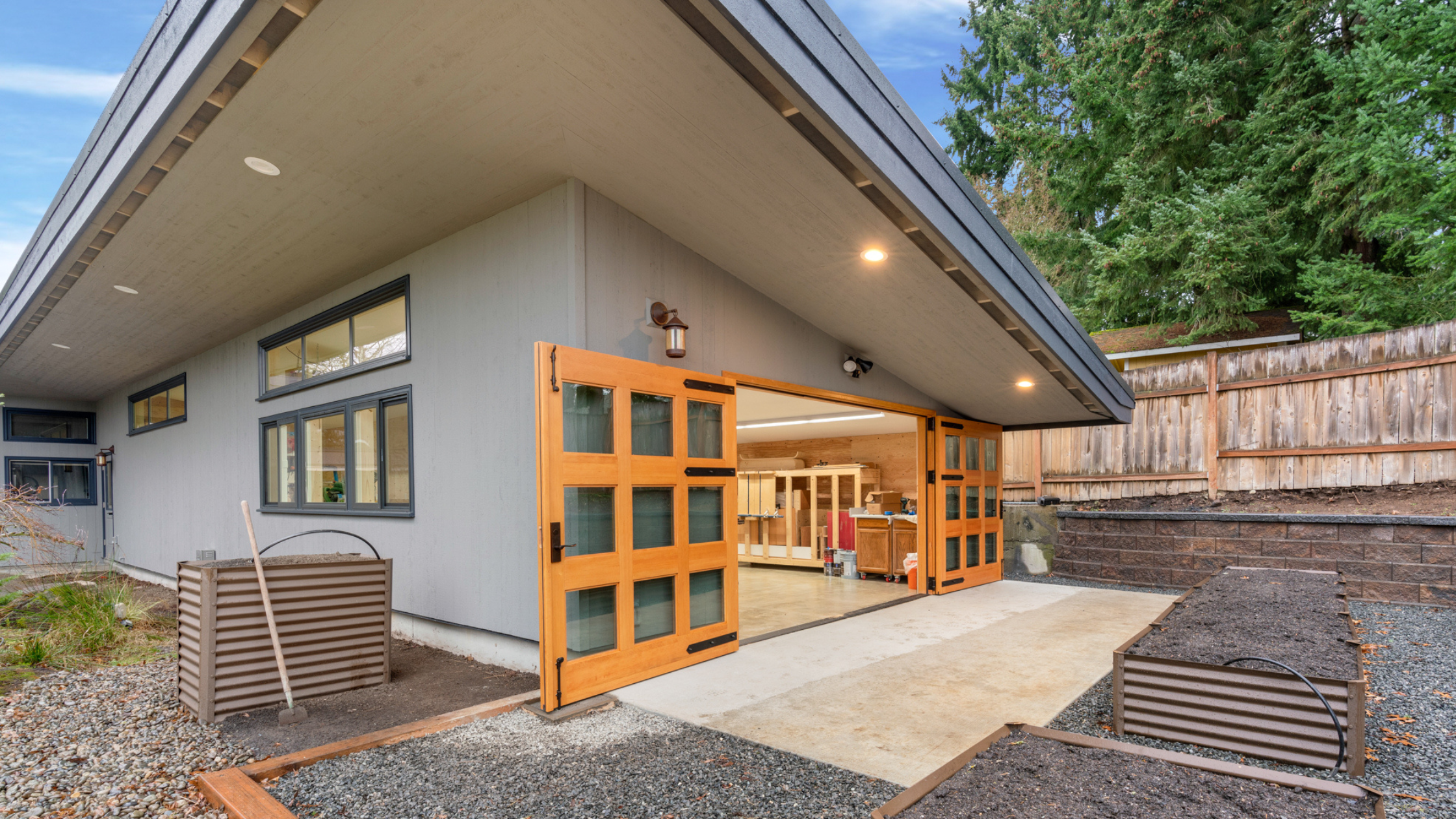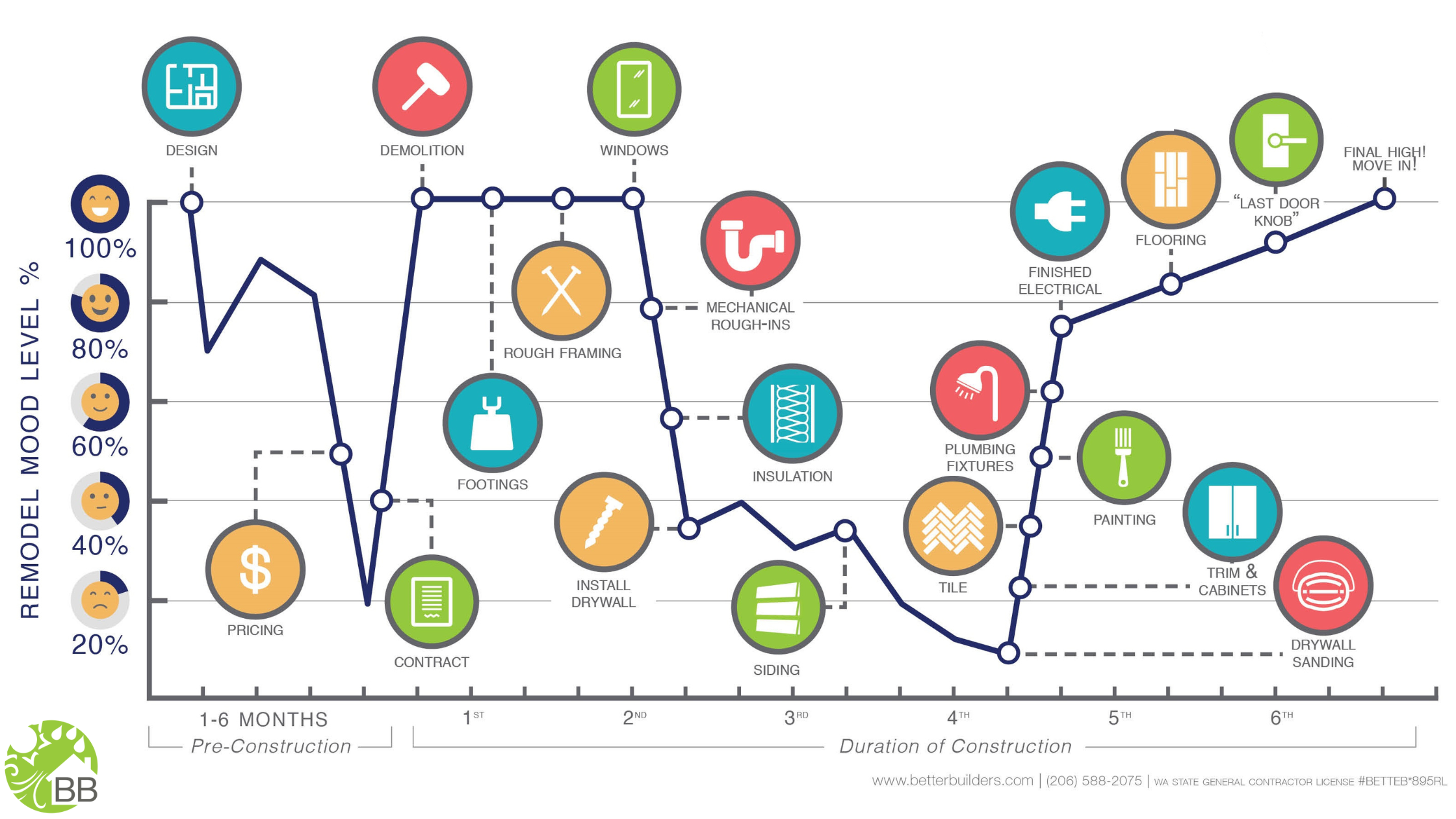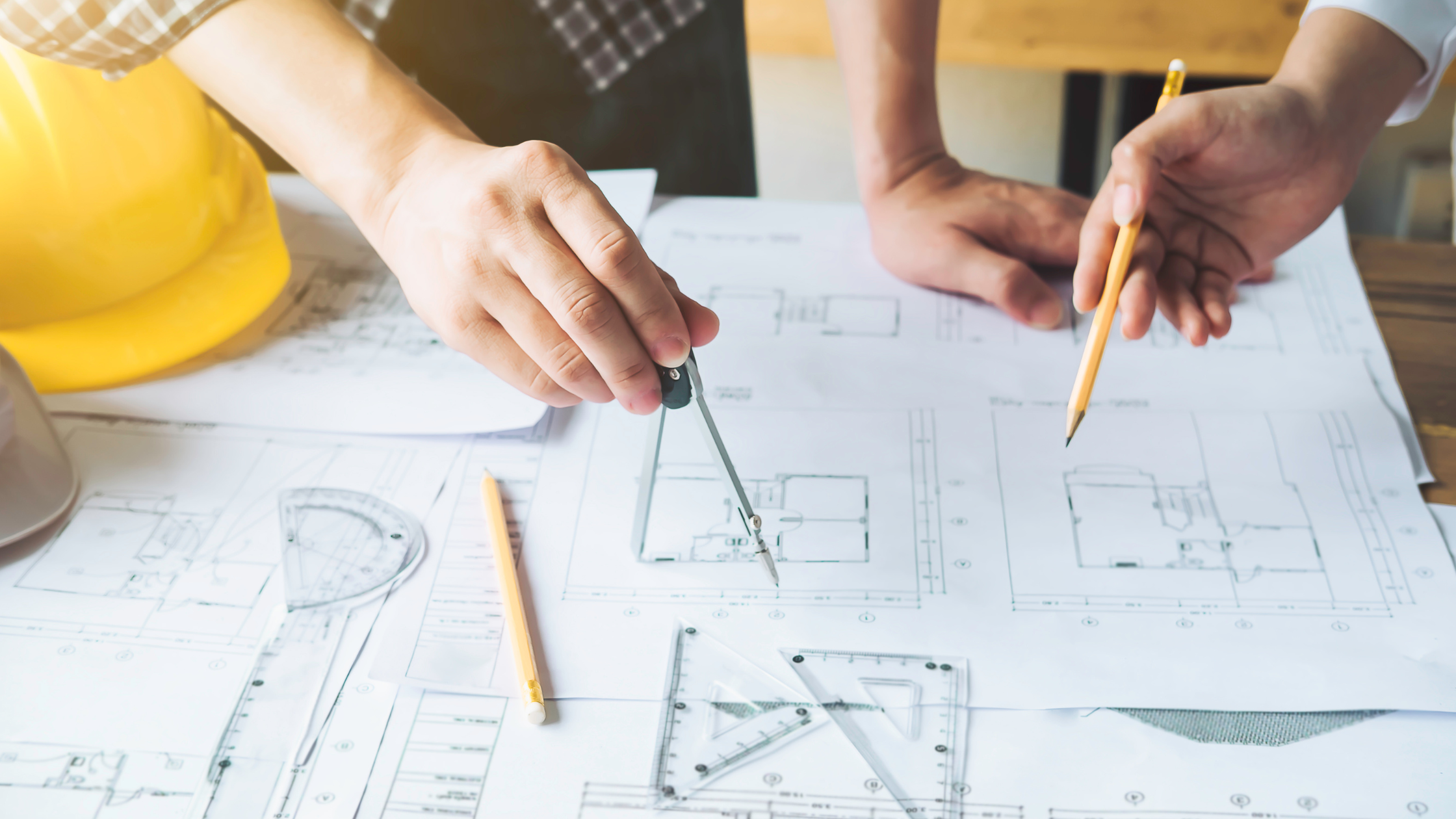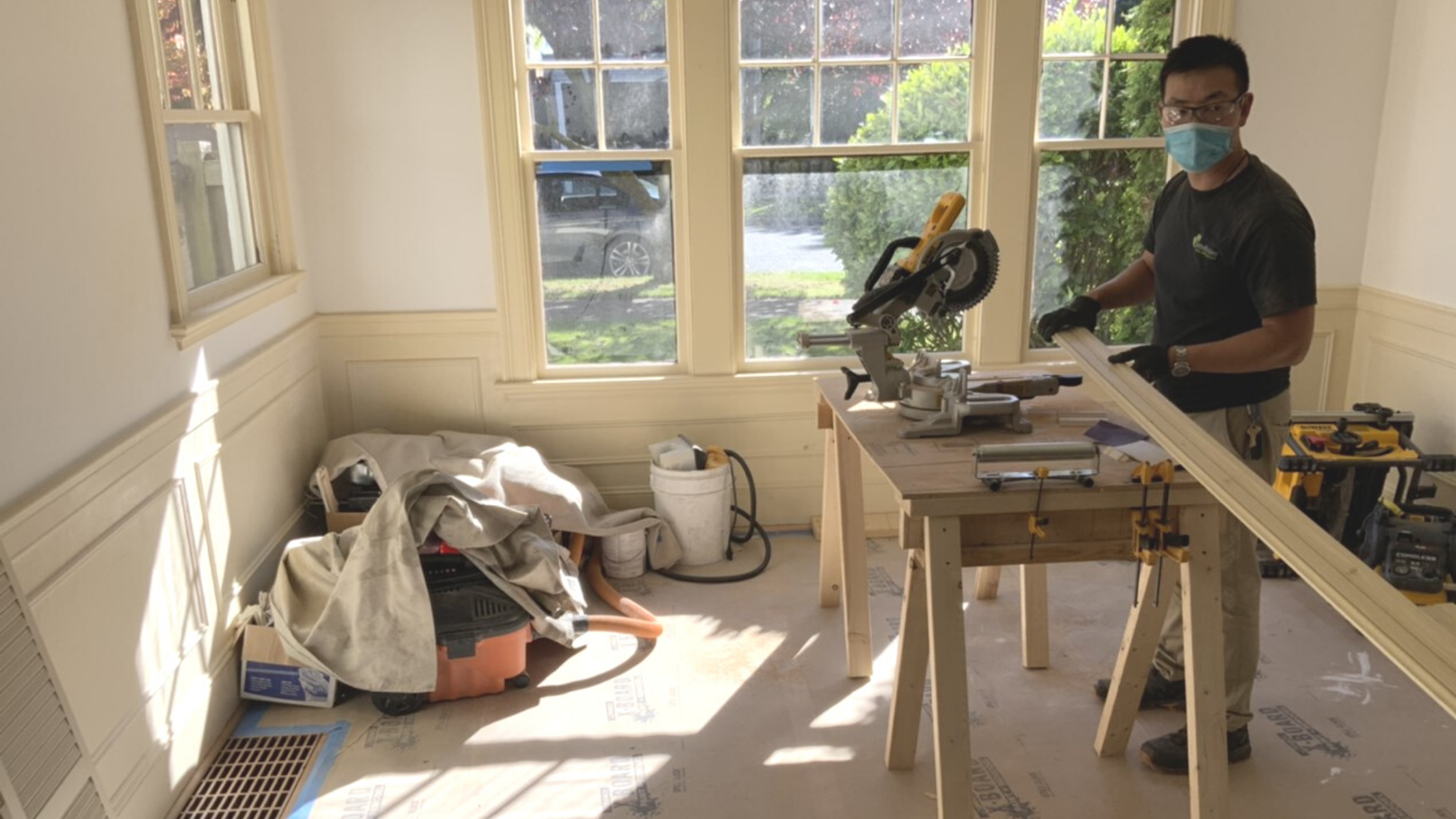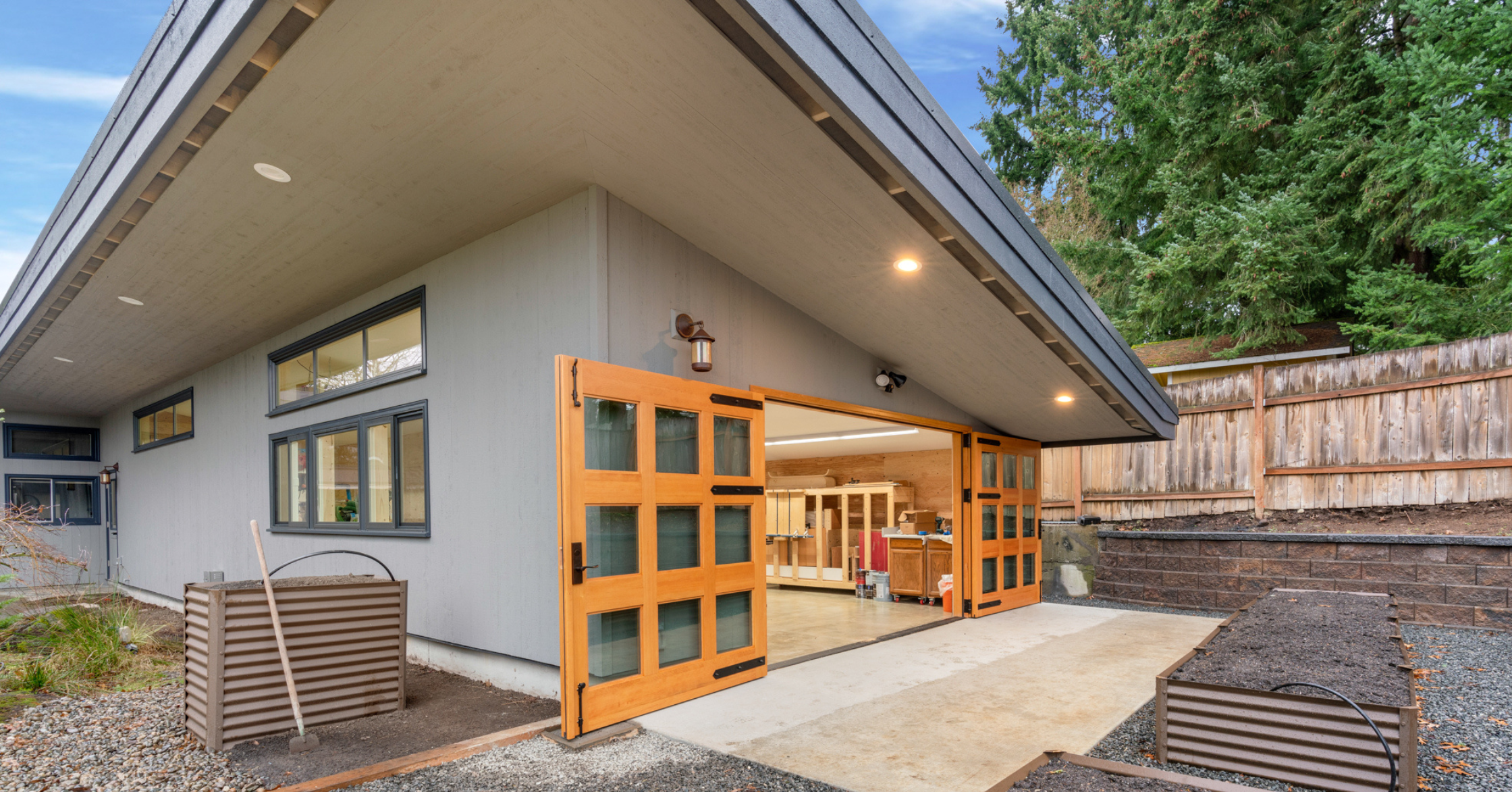Are you planning a home improvement project and struggling to find the perfect general contractor? We understand the challenges of searching for a reliable and trustworthy partner for your construction needs. The process can be complex and time-consuming, but the right general contractor can make all the difference.
To make your journey easier, we've curated a comprehensive list of 19 essential questions to ask when hiring a general contractor. A reputable contractor should be able to provide clear and satisfactory answers to all of these questions.
History, Reputation & Stability of Contractor
Before diving into a building project that's a significant investment of both time and money, it's vital to partner with a licensed general contractor you can trust. Here's a set of questions to help you assess their history and reputation:
1. How long have you been in business under the same name?
Longevity often indicates reputation and reliability, as construction industry businesses that don't meet these criteria tend to change names to cover up past reputation issues. An established business is more likely to be reputable.
Pro Tip: We encourage you to look up a contractor on the Better Business Bureau and verify their general contractor license.
2. Can you provide references, especially from clients who've had similar projects?
It’s important that any construction company can provide you with references that you can speak to, but more importantly, ask for references who have completed a project that is similar to yours so that you can accurately compare apples to apples.
Pro Tip: An even smarter move is to ask for past references as well as one current client.
3. Are your subcontractors licensed, bonded, insured, and vetted before they work on my job site?
The answer to this question will reveal if subcontractors and specialty contractors are held to the same standard as the general contractor’s employees. If a subcontractor isn’t licensed, bonded, and insured, they can’t legally do work in the jurisdiction.
Follow-up questions can include:
-
Do you maintain $2 million of Liability insurance, Commercial Vehicle insurance, and Workers’ Compensation insurance?
-
If there’s a personal injury or a catastrophic failure caused by their work, are they covered by insurance? Types of insurance include property loss, workers comp, and liability.
-
Make sure your contractor meets the minimum standards for your jurisdictions as well as their subcontractors.
Pro Tip: Ask about the licensing requirements of subcontractors before the company agrees to work with them.
4. Are you a member of professional associations in the building industry?
Many of these building industry associations have rigorous standards to achieve before a general contractor can join. Plus, it takes continued commitment from the general contractor to maintain good standing with these groups. It also shows a commitment to the community, their business, and others. The requirements to become members of these groups also demonstrate the general contractor is reputable.
5. Do you maintain good relationships with local suppliers?
Supporting businesses within the community is invaluable, and the stronger the relationships, the stronger the ability the general contractor has to resolve any issues that arise. You can also double-check the reputation of the contractor by going to these local suppliers and asking.
Structure of Agreements
Before signing a contract or agreement, it’s acceptable to ask for a blank copy of their agreement template to be reviewed before any money is exchanged. As the consumer, you should be given time to look at it in advance or send it to an attorney to double-check before anything is time-bound.
Pro Tip: A trustworthy contractor will be transparent about their construction process and happy to share this information with you in advance.
6. Do your agreements explicitly outline all price contingencies?
Explicitly stated price contingencies prevent financial surprises during construction projects.
7. Is a guaranteed price option available for the project?
You will want to know upfront if there’s an option for a fixed price. If you’re working off of a "time and materials" or "cost-plus" agreement, what are the terms of the agreement (hourly rates and % of markup)? By asking these questions, the consumer is eliminating the risk of financial surprises throughout the project.
8. Do you provide a written project schedule detailing work completion deadlines?
A detailed schedule sets clear expectations and helps minimize the risk of cost overruns. Construction work is an inherently disruptive service. Having access to dedicated project management and a clearly documented production schedule for the entire project helps maintain realistic expectations on timelines. It’s important to know that any changes the homeowners make to the project will, in turn, impact the project timeline.
9. Do you have a written policy for handling change orders?
It’s important to know not only what the time impact will be with changes but also the financial impacts of these changes. You want to know upfront what a change order will cost you.
Projects and Experience
10. How many years of building experience do the owners and production team have?
Consider both cumulative experience and experience relevant to your project. For example, let’s say you’re interviewing a general contractor who mostly focuses on remodeling, but you need a large-scale custom home build. Again, being able to compare similar projects is critical in determining the experience a general contractor has.
11. How many projects have you successfully completed with happy clients in the last 3 years?
Although it’s nice to know how many projects a company has completed, the size, the complexity, and the outcome are more important than the number. Jobs done well are more important than jobs done at all.
12. Do you offer design services?
While many construction contractors don’t have in-house design services, it is a major benefit to the homeowner to have all of these services under one roof.
Pro Tip: Working with a design-build team helps streamline your process and fosters an environment of collaboration. This collaboration facilitates your design and budget alignment.
13. Do you have systems in place to allocate enough time, attention, and detail to each project?
Efficient processes ensure a high standard of service and prevent time and cost overruns. If the contractor doesn’t have proven systems and processes in place, the construction manager running your job will be stretched thin, the process will be less efficient and ultimately will cost you more time and money, and the standard of service will be lowered. Quality goes out the window when things are rushed.
Read this article to discover what sets a truly exceptional general contractor apart from the rest,"Beyond Good Enough: The Revolution in Residential Construction Excellence."
 Standard of Service
Standard of Service
14. What is your commitment to communication standards?
A high-quality contractor will communicate regularly and in a clear manner. Communication expectations should be established and agreed upon individually before the project begins.
15. Are your crew members identifiable by company uniforms and subject to strict behavior policies?
A high-quality contractor has its construction workers wear identifiable company clothing and will introduce the homeowner to the team members who will regularly be on their job site.
Pro Tip: Any reputable business will hold their employees to documented expectations of behavior and substance use. Better Builders has a zero-tolerance policy for any impairment on the job.
 16. Do you have a daily clean-up procedure?
16. Do you have a daily clean-up procedure?
Without a daily clean-up procedure, the job site can get messy, disorganized, and unsafe. This is an especially prevalent question for homeowners who plan to occupy the home during construction.
Pro Tip: A clean, organized, and safe environment promotes an efficient workspace and keeps subcontractors held to the same standard.
17. What are your standards for environmentally friendly material selections?
Responsible contractors should offer environmentally friendly options for a healthier home. Many common construction materials are comprised of toxic materials. If you are interested in a lower impact on the environment and your family's health, there's a wide varying range of green building options, and responsible contractors should adopt some green building practices as their baseline product selection installed in your home.
Learn how Better Builders' commitment to sustainability doesn't compromise their dedication to client satisfaction. Watch the video:
Follow Up and Follow Through
18. How long is your offered warranty, and what does it cover?
A contractor who provides more than just the state-required warranty is someone who believes in their craftsmanship and quality and will stand behind the final product that’s been produced. Usually, the manufacturer’s warranty covers any product that’s been installed in the home, and the builders’ warranty should cover workmanship—for example, drywall cracks and blemishes, millwork installation, and cabinet and drawer operation. Warranty does not and should not cover normal wear and tear like gouges in hardwood floors from pets and kids, holes in walls from picture hanging, etc.
19. Do you conduct a customer satisfaction survey after each project to gather feedback?
Any reputable contractor will look for ways to improve the client experience. Asking for constructive feedback, both positive and negative, will allow them to update processes and systems to improve client experiences and the final product produced.
Spend Time Doing Research, Save Yourself Stress
Finding the right contractor may seem daunting, but taking the time to ask these essential questions on the front end can save you time, money, and stress. This list provides a solid starting point, but for a comprehensive list of 27 questions, email contactus@betterbuilders.com and request a personal copy of the checklist! With the right contractor, your home improvement project will be a success.

